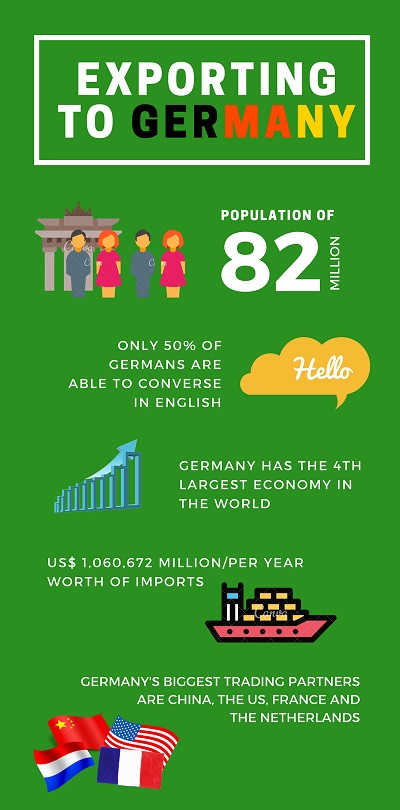Also in the news...
UK-Singapore trade agreement documents
Decisions and other documents from the UK-Singapore trade agreement.
Guidance The UK Sanctions List
Find out which people, entities and ships are designated or specified under regulations made under the Sanctions and Anti-Money Laundering Act 2018, and why.
Foreign travel advice Saudi Arabia
Warnings and insurance Still current at: 15 April 2024 Updated: 14 April 2024 Latest update: 13 April 2024 – drones and missiles fired from Iran into Israel (‘Warnings and Insurance’ page)
Foreign travel advice Kuwait
Warnings and insurance Still current at: 15 April 2024 Updated: 14 April 2024 Latest update: 13 April 2024 – drones and missiles fired from Iran into Israel (‘Warnings and Insurance’ page)
Foreign travel advice Tunisia
Summary Still current at: 15 April 2024 Updated: 14 April 2024 Latest update: 13 April 2024 – drones and missiles fired from Iran into Israel (‘Warnings and Insurance’ page)
A guide to exporting to Germany
In any export strategy, ‘speaking’ the language of the customer can be essential for success. For this reason, translation and localisation both have an important role to play here. But, in order to be successful when introducing products to a foreign market, we need to be aware of the linguistic challenges inherent to this process.
At present, Germany has a population of approximately 82 million, with only around 50% of people able to converse in the English language. German is thus by far the most commonly used language when conducting business and is preferred by many, especially at the beginning of business relations. Furthermore, Germany is the fourth largest economy in the world and imports goods with a total value of USD1,060,672 million per year, mainly from China, the Netherlands, France and North America.

Key points to consider when exporting to Germany:
Language and culture
German people value their ‘Pünktlichkeit und Ordnung’ (punctuality and order) and this is often key to any kind of success for foreign companies looking to export their products to the German market. It is also crucial to be formal and to address them by their surname, rather than being overly colloquial; you should adjust to what your business partners feel most comfortable with.
Furthermore, any logos and images on the products themselves should be localised to prevent any cultural missteps and be respectful of local culture. Be aware of customs and values as well as any business practices. It’s not just a stereotype – Germans really do value innovation and productivity!
Legal framework
Regulations and bureaucracy can be a big hurdle for any company wishing to export their products and services to the German market. While many safety regulations are controlled by the EU, different member states often have their own laws relating to safety and environmental concerns, as well as labelling and packaging requirements, which also need to be observed.
Additionally, relationships and agreements with distributors need to be considered, in order to make sure that goods are transported in a safe manner. Exporters will also have to ensure that the requirements of foreign customers are met with regard to the packaging and labelling of products.
Of course, local laws and regulations relating to financial paperwork and the quality of the products themselves have to be adhered to as well. These kinds of requirements are often only available in the native language of the country, and to understand them you will need professional translation services.
Customer support
Another vital area of your export plan where translation should be considered is customer support; after all, the needs of overseas customers are equally as important as those in your domestic market. This can become an obstacle if you do not speak the language – providing customers with well translated websites and offering support services in their native language can go a long way in creating a successful export strategy.
To be successful exporting to a country like Germany will, of course, require a lot of hard work and resources. However, with a professional agency providing German translation services supporting you every step of the way, you will have every chance of achieving your goals.

